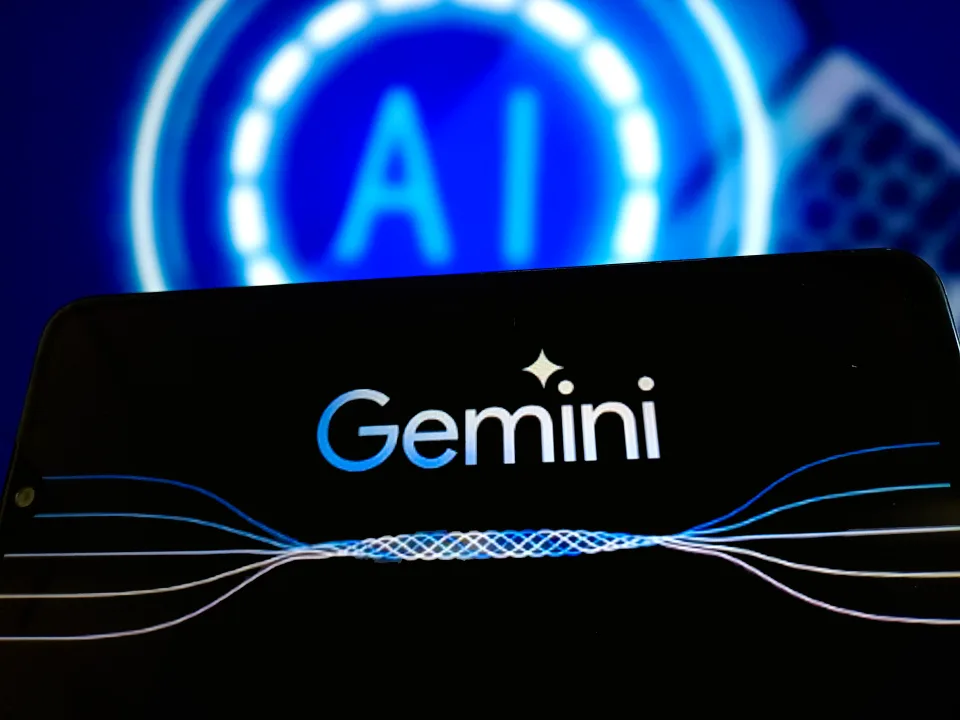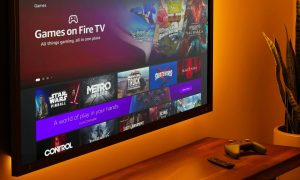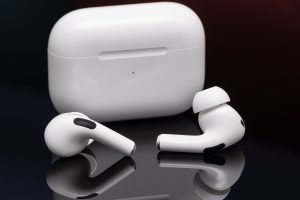Google is developing a more advanced Android AI assistant known as Pixie, set to debut with the Pixel 9 smartphone, as reported by The Information. Powered by the new Gemini large language model (LLM), Pixie is poised to execute “complex and multimodal tasks,” such as providing directions to nearby stores for products captured in smartphone photos.
This assistant will be exclusive to Google’s Pixel devices and leverage data from Google services like Gmail and Maps. The aim is for Pixie to evolve into a highly personalized iteration of the Google Assistant. It appears to be a distinct product from Google’s Assistant with Bard, showcased at the Made By Google event in October.
If the information is accurate, this update underscores Google’s swift adjustments to its AI strategy, strategically aligning with the competition, notably OpenAI. Google recently unveiled the Gemini AI as a response to GPT-4, hailing it as “the most capable model we’ve ever built.” Additionally, Gemini is slated to come to Android through a new product named Nano, empowering phones to perform tasks like summarizing conversations and calls without requiring an internet connection.
As a reminder, Gemini was introduced last week as an integrated multimodal AI, deviating from the approach of stacking multiple models together (though parts of Google’s Gemini demo were reportedly staged). This integration is expected to enable Gemini to “seamlessly understand and reason about all kinds of inputs from the ground up, surpassing the capabilities of existing multimodal models.” With Pixie utilizing the power of Gemini, it has the potential to serve as a considerably more sophisticated personal assistant compared to Google Assistant. Gemini is also set to power the next iteration of Bard, Google’s AI chat assistant.
However, similar to previous Google product launches, it may pose a challenge for consumers to grasp the various AI offerings. The lineup now includes Pixie, Bard, Gemini, Gemini Nano (for smartphones), Gemini Pro (for Chrome, API calls, and more), and the upcoming Gemini Ultra in 2024. In contrast, OpenAI has maintained a relatively straightforward approach with GPT-4 as its LLM, ChatGPT as the chat assistant, and DALL-E as the image generator. While most informed consumers are likely familiar with these products, Google has once again introduced complexity to its own product family, making it challenging for users to stay abreast of the offerings.




